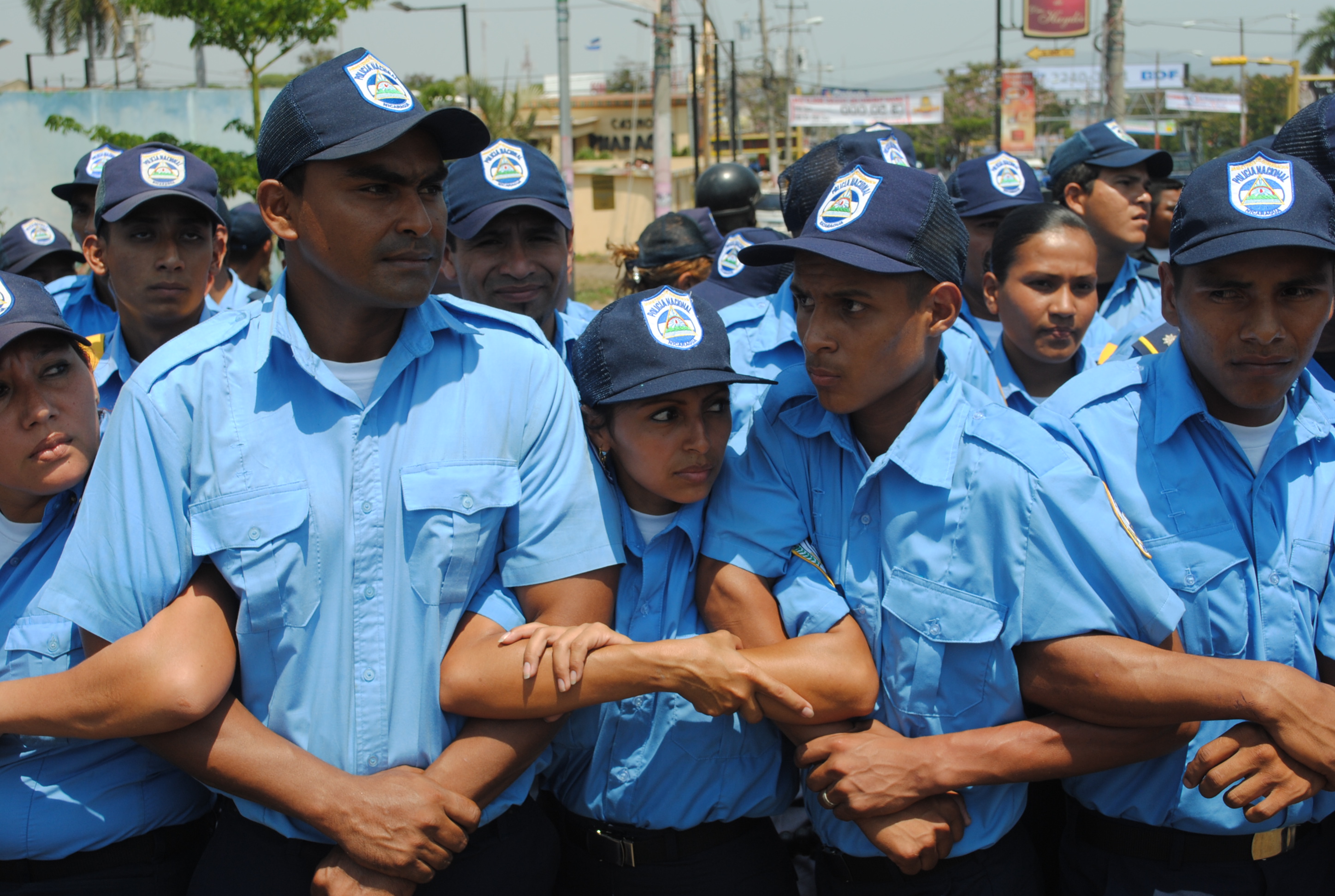
The high-profile investigation of narco-penetrations in Nicaragua's scandal-plagued Supreme Electoral Council (CSE) presents both an enormous challenge and a unique opportunity for the Sandinista government to uproot an endemic problem before it leads to the Mexicanization of the country.
With drug violence ravaging Mexico and Central America's "northern triangle" — El Salvador and Honduras have the highest murder rates in the world, while entire regions of Guatemala and Mexico are overrun by drug cartels — many fear Nicaragua is the next domino to fall.
There's already evidence of narco-infiltration. Security experts say the May 27 detention of substitute Magistrate Julio César Osuna, who is being held under preventive arrest on charges of organized crime, drug trafficking, money laundering and selling falsified state documents to foreign drug dealers, represents watershed moment for the country. How the Sandinista government proceeds in the coming days and weeks could be enormously important for the future of Nicaragua, which claims to be "the safest country in Central America." Indeed, now could be Nicaragua's best opportunity to push back against the intruders, before the bear can get its head fully inside the tent.
"I hope the government gets to the bottom of this regardless of who is involved and regardless of the collateral damage it causes," says Roberto Orozco, a Nicaraguan security expert at the Managua-based Institute for Strategic Studies and Public Policy (IEEPP). "I think the State of Nicaragua will be better off revealing all the institutional corruption that exists, because in the long run it will strengthen the image of the country. The message will be: In Nicaragua, there is a policy and decision to not allow this type of thing to happen here."
On the other hand, Orozco warns, if the government tries to cover up the extent of the corruption by pinning everything on a few scapegoats and protecting others, "I will be worried because that will mean the government is covering up problems that have already become apparent."
The risk of a cover-up is that the problem will only "fester and develop," he warns.
"That would be a mortal error because it would start a territorial war here and the violence will start to grow," the security expert says.
'This is bigger than we know'
Rosa Marina Zelaya, former president of the CSE, says the narco-infiltration and ID-trafficking scandal is not only a "very serious situation for Nicaragua's institutional democracy," but for all Nicaraguan citizens.
"The dimension of this is much more serious than we realize yet," Zelaya says. "This creates a crisis of credibility in the cédulas (state IDs) of all Nicaraguans."
The former magistrate says when doubt is cast on the authenticity of Nicaraguans' cédulas, it becomes a security issue for all of Central America, especially the countries of the CA-4 (Guatemala, Honduras, Nicaragua and El Salvador) that allow travel between borders with only a cédula for identification.
"Average Nicaraguan citizens are now going to be subject to more scrutiny and suspicion when they use their cédulas to travel in Central America, or to open a bank account," Zelaya says. "This has created a crisis of credibility that will affect all of us. This issue is more transcendental that we realize yet."
Zelaya says given the amount of drug money involved in this $40 billion industry, it's very unlikely that one person was working alone inside the CSE to traffic IDs.
"This scandal has uncovered a serious problem," she says.
Investigation shows evolved levels of crime
Regional security expert Roberto Cajina, a former advisor to President Daniel Ortega's brother, retired Gen. Humberto Ortega, says the preliminary investigation of the narco-infiltration shows a "division of labor" indicating that a sophisticated level of organized crime was already operating within the Nicaraguan government. In other words, he says, the crime syndicate was apparently operating here long enough to have evolved into a "complex network with a division of labor and sub-structures of power."
Police Chief Aminta Granera says the case is an "open investigation" and that police have orders from above to "get to the bottom of this." The top cop says Nicaraguan police are also working with their counterparts in Central America and Colombia and have developed "an excellent and fluid coordination with other police."
Cajina, however, says the case is another example of drug dealers staying a step ahead of the law when it comes to regional integration.
"In Central America, organized crime works better than the structures of regional security," Cajina says. "Transnational crime is globalized and works extremely well, and the governments of Central America are not responding with the same capacity."
While police continue to investigate the extent of the narco-corruption in Nicaragua, the apparent infiltration of the CSE reveals that it's no longer accurate to measure citizen security and safety only in terms of statistics on criminal violence, Cajina says.
"Security is not just limited to the number of homicides," he says. "It's infinitely more complex than that."
If Nicaragua hopes to maintain its reputation as the safest country in the region, it's going to have do something its neighbors have been unable to do: Stop narco-infiltrations in their infancy. The police have been very successful at busting drug gangs in the street; now they might have to do the same in government.





